Banihal Pass: Bridging Valleys, Connecting Souls
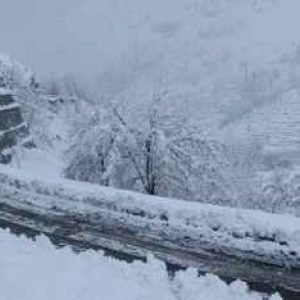

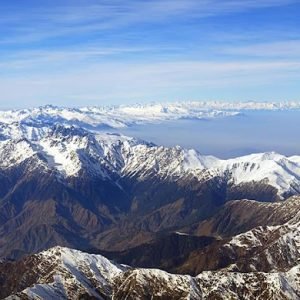

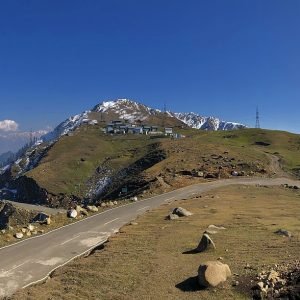
Table of Contents
ToggleIntroduction
Nestling in the Pir Panjal range of the Himalayas, Banihal Pass is one of the most strategically and geographically important passes in Jammu and Kashmir, India. It lies at a height of around 2,832 meters or 9,291 feet, acting as a vital link between Kashmir Valley and the outer plains. The name “Banihal” etymologically comes from the two Kashmiri words “bah,” which means “blizzard,” and “hal,” meaning “land,” indicating its cold climate at high altitude.
Traditionally, the Banihal Pass has been important in terms of trade, a military outpost, and in the last few years, an important point of infrastructure development in India through the Banihal-Qazigund Tunnel. We shall try to put together a comprehensive guide that touches on geography, historical development, cultural significance, modern-day infrastructure, and a series of ways to get the most out of the Banihal Pass.
1. Banihal Pass Geography and Climate
1.1 Geographical Location
The Banihal Pass is a mountain pass across the Pir Panjal range of the western Himalayas. It connects the Banihal town of Ramban district with Qazigund town of the Anantnag district in Jammu and Kashmir. It provides a natural dividing line between the Jammu region and the Kashmir Valley.
The pass offers the visitor resplendent views of snow-clad mountains, thickets of pine forests, and winding rivers. The Jhelum River and Chenab River, two of the most important rivers in northern India, run along here and give a beautiful backdrop to this already scenic route.
1.2 Climate
The climate around Banihal Pass is normally cold and receives heavy snowfall during winters. During summers, the temperature is considered more moderate, which is best for crossing the pass. Winters (November to March): Subzero temperature, heavy snowfall with strong winds, may be inaccessibility of the pass during these months, though modern tunnels have made round-the-year travel possible.
It was aptly named because the heavy snowfall and bad weather that this pass receives gave it its name, literally “blizzard pass”. The climatic aspect is one of the major reasons for its historic and also modern day significance since control of access through Banihal had been a challenge for many years.
2. Significance of Banihal Pass
2.1 Ancient Trade Routes
For centuries, Banihal Pass had been a vital route for traders between the fertile Kashmir Valley and the plains of India. Items traded along this route included saffron, silk, spices, and wool; thus, this route was important for trade. Though difficult, this route was important for traders because it connected two significant regions.
2.2 Military Importance
The pass has always been a militarily important point that acted like a natural barrier of defense during invasions. Conventionally, the armies moving between North India and the Kashmir Valley used this pass. Even today, it is an important location from a strategic point of view for India’s defense forces because the pass offers easy access to Kashmir from the Jammu region.
2.3 Post-Independence and the Banihal Cart Road
The Banihal Pass attained great significance to connect the two regions of Jammu and Kashmir more precisely after India gained freedom in 1947. The Banihal Cart Road, initially built in the mid-20th century across the pass, was the major highway. Though not easy during the extreme winter months, it provided a vital link for military and civilian purposes.
3. The Banihal-Qazigund Tunnel: Modern Marvel
3.1 Need for the Tunnel
This was of essence due to the fact that heavy snowfall and inclement weather usually made the Banihal Pass impassable every winter. The government had to find a way that would work throughout the year. Hence, the construction of a tunnel called the Banihal-Qazigund Tunnel, but generally known as Jawahar Tunnel, commenced. The 2.85-kilometer-long tunnel started functioning in 1956, thus allowing for uninterrupted access to Kashmir Valley during winters.
3.2 New Banihal-Qazigund Tunnel
A more modern and technologically advanced Banihal-Qazigund Road Tunnel was thrown open in 2021 with the aim to further facilitate smooth transportation. Falling in the list of India’s longest tunnels, the 8.45-kilometer-long tunnel cuts the travel time between Banihal and Qazigund by bypassing the dangerous and snow-prone areas of the Banihal Pass.
The new tunnel is twin tubed, with one-way traffic in each tube. It is also fitted with the latest systems for ventilation, fire safety, and monitoring in order to guarantee safe passage through the tunnel even during unfavorable weather conditions throughout the year. Traveling time after the introduction of the new tunnel has been reduced by about 1.5 hours, a factor that has encouraged local business as well as tourism at large.
4. Cultural and Social Significance of Banihal
4.1 Banihal Area and Its People
The main residents of this town are the speakers of Kashmiri and Urdu languages. Banihal area is rich in its cultural history, as its traditions date back hundreds of years. The people here have adapted to the harsh climatic conditions by making unique cultural practices, clothes, and food.
Agriculture, animal husbandry, and trade are the traditional occupations of the people in Banihal. Local festivals and religious rituals form a significant part of the lifestyles of the people here. Hindu and Muslim communities co-exist harmoniously in this area.
4.2 Banihal in Folk Culture
Many a local legend and song have spoken about Banihal Pass, often alluding to its beauty and danger. Various high altitude challenges have been spoken about in regional poetry and folklore, according to which travelers and traders use the pass.
5. Exploring Banihal Pass: A Traveler’s Guide
5.1 Best Time to Visit
From May to October, the best time to see the Banihal Pass is during the summer months when the weather is mild and the roads are clear. These months are considered the finest time to cross the pass. During winter months starting from November and lasting until March, it will be better to avoid the pass unless you’re specifically looking for a snow adventure, as the pass becomes really treacherous due to snow and ice.
5.2 Getting There
By Road: Banihal Pass is well-connected through Jammu Srinagar NH44. It gives good views of surrounding mountains and valleys while driving or by bus. By Train: Banihal is connected through the Indian Railways network. A railway station serves to connect to Srinagar and Jammu.
By Air: The nearest international airport is Srinagar, which is approximately 120 kilometres away from Banihal. Hiring a car or catching a bus from Srinagar would take one to Banihal.
5.3 Things to See
Pir Panjal Mountain Range: Some peripheral mountains offer the most breathtaking view of the range of mountains known as Pir Panjal, which is actually part of the greater Himalayas.
Banihal- Qazigund Tunnel: A drive through this recently built tunnel is a modern experience, reflecting the growing infrastructure capability of India.
Srinagar and Kashmir Valley: Kashmir Valley is only a few kilometers away from Banihal, abode for the city Srinagar, rich in Dal Lake’s splendor and beauty, Mughal gardens, and houseboats.
5.4 Trekking and Adventure
Banihal makes a good initial point for adventure-seekers going for trekking in these surrounding mountains. In this direction, popular routes include:
Pir Panjal Trek: This route goes deep inside Pir Panjal and offers great views and a chance to visit some remote places which are untouched by tourism.
Sonamarg Trek: The trekking route to Sonamarg provides a panoramic view of the valleys and peaks of this aristocratic region.
6. Banihal Pass: Future, Development, and Challenges
6.1 Growth of Tourism
Due to better infrastructure and the attraction of the Kashmir Valley, tourism has been growing in Banihal for some years. Access was improved by the Banihal-Qazigund Tunnel, which has since seen the greater number of tourists visiting this area. As tourism increases, so do the challenges–environmental degradation among them–that raise the need for sustainable development.
6.2 Environmental Concerns
Increasing traffic and less than sagacious construction plans in the Banihal area have given way to grave apprehensions about its impact on the fragile mountain ecology. Something must be done to preserve the scenic beauty of the terrain and the ecosystems therein for a future generation also.
6.3 Future Developments
The Indian government has further planned expansion in the railway network and construction of tunnels to commence shortly in the future, besides those mentioned above, with the view to further ensure that the connectivity is so improved. This is foreseen to increase trade and tourism while facilitating local communities with improved access to basic services.
Conclusion
Banihal Pass is an excellent natural entrance to the beautiful Kashmir Valley, filled with history, culture, and natural beauty. Besides being one of the gateways connecting the Valley to the Jammu region, modern infrastructure-the Banihal-Qazigund Tunnel-has cemented easy access onto the pass. It opens new vistas for trade, travel, and tourism. Whether one is a historian, an adventure-seeker, or just a tourist desiring to see one of the most beautiful regions in India, Banihal Pass offers a time-blinking experience from the past to the future in the heart of the Himalayas.
How to book a trip to Banihal Pass, India with Charzan Holidays?
For a seamless and exceptional booking experience, contact Charzan Holidays at reservations@charzan.in or call us at +917889504310.



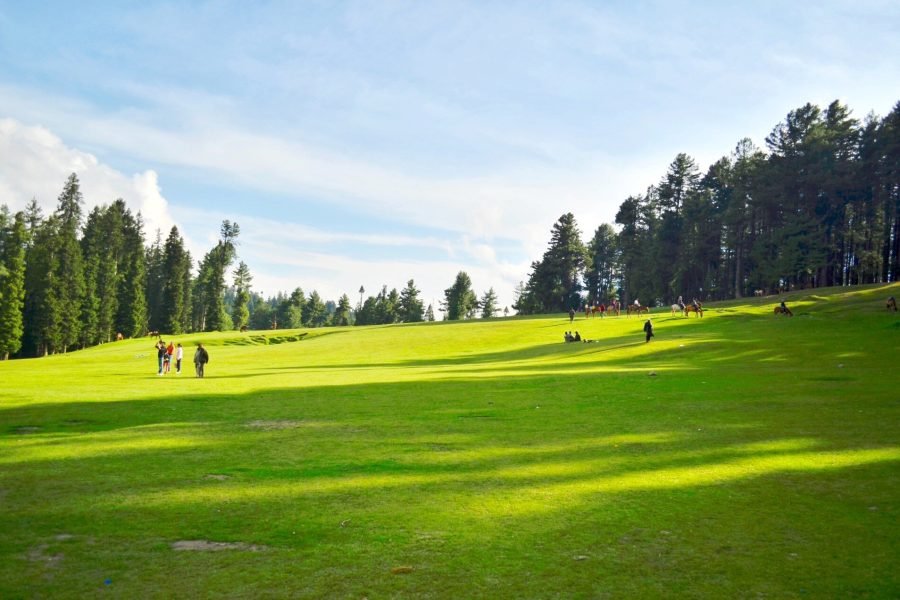
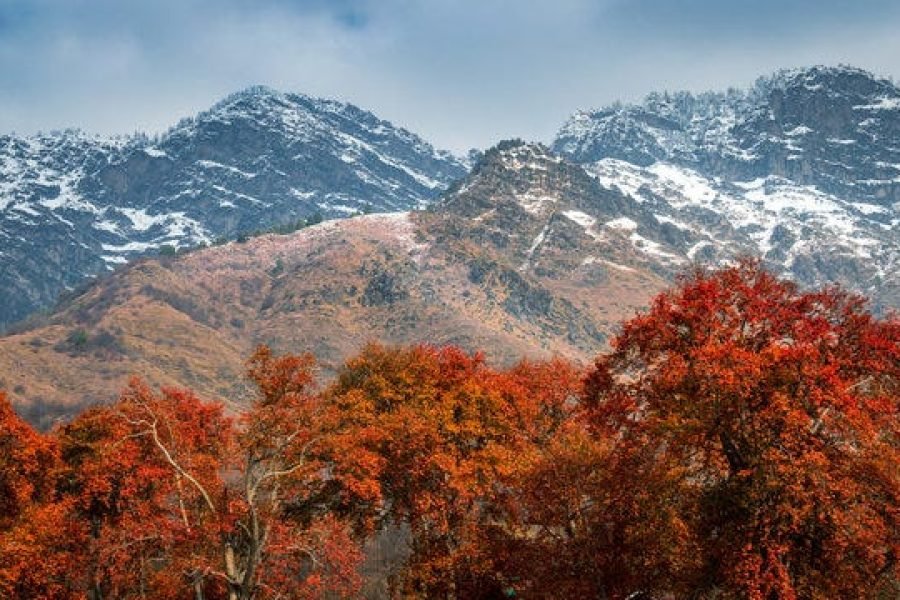
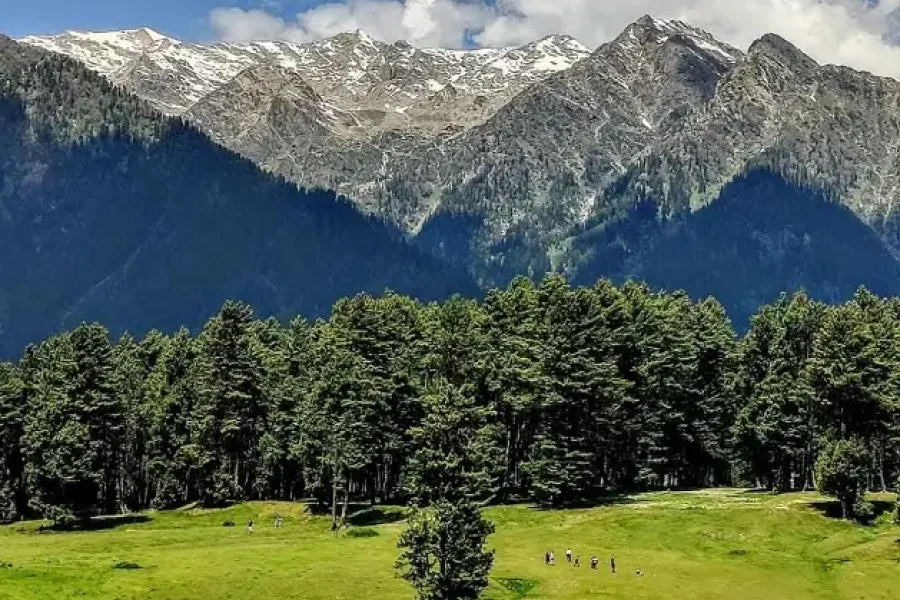
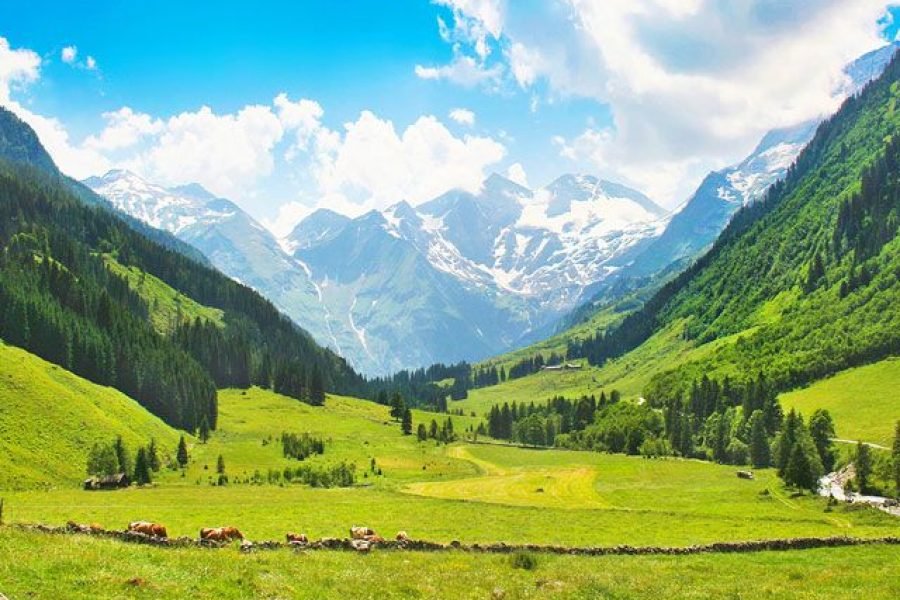
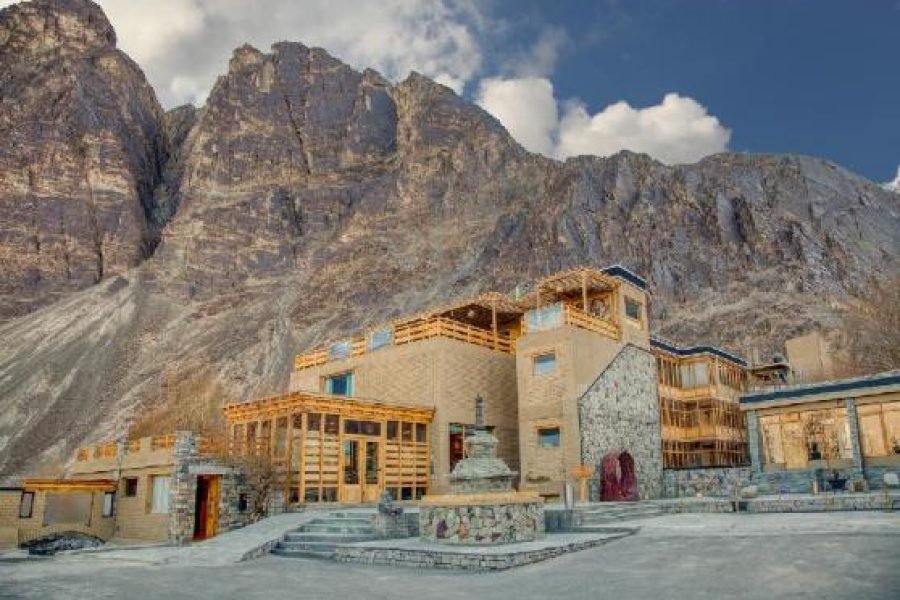
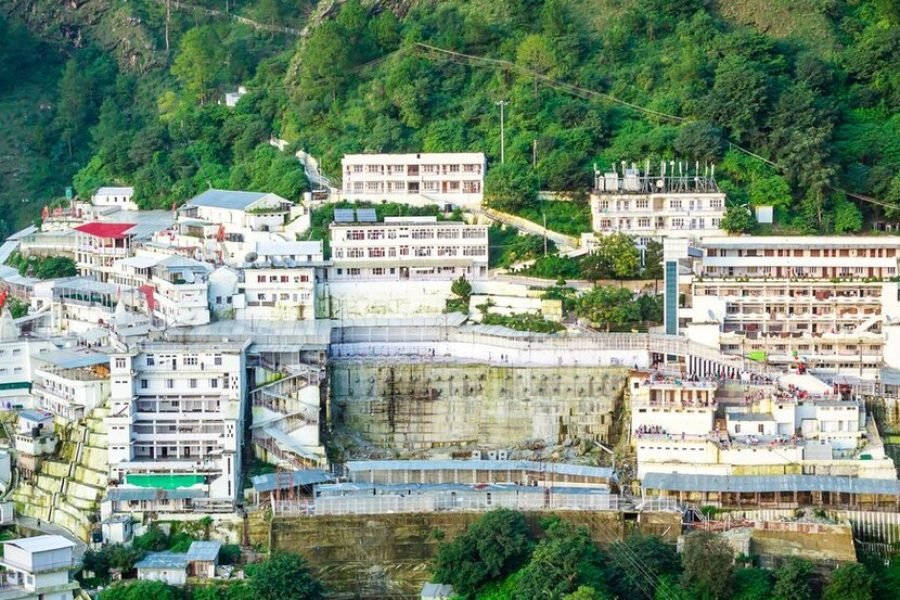
0 Comment